
Botanist | Science writer and broadcaster | Lives with 500 houseplants | ‘Weird plant dude’, apparently
7 subscribers
How to get URL link on X (Twitter) App


 Now, I think the point of this meme is to point out that assuming a vegan diet is more sustainable than an omnivorous one is over simplistic.
Now, I think the point of this meme is to point out that assuming a vegan diet is more sustainable than an omnivorous one is over simplistic.https://twitter.com/jilldot2/status/1387399774102491140Variegated plants if they were people:
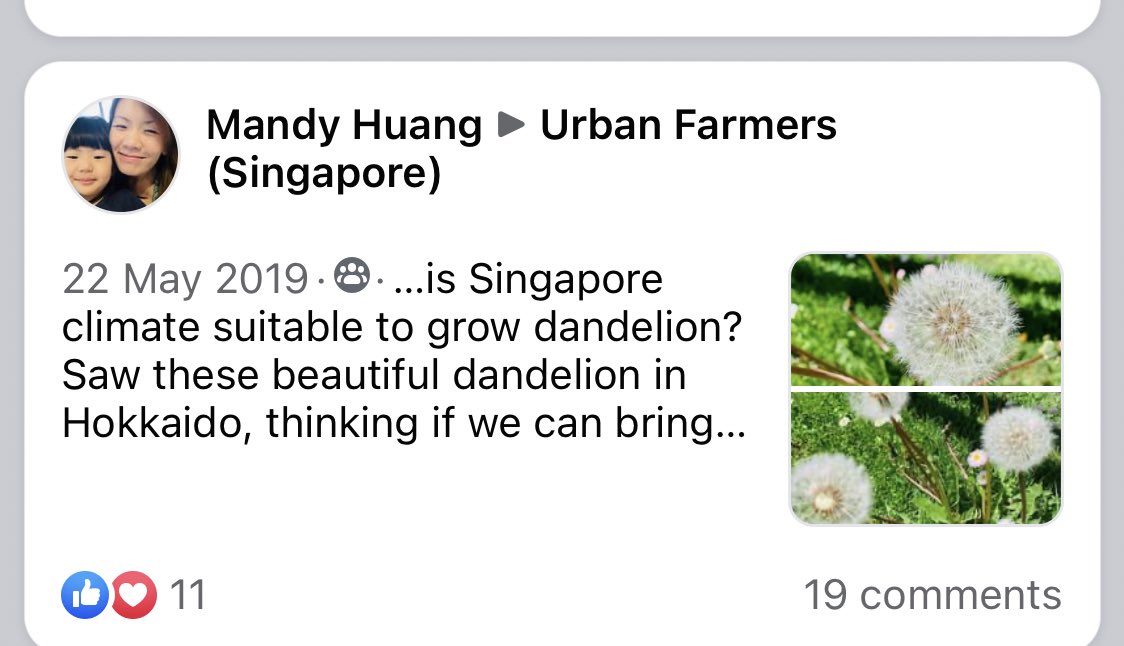
 With beautiful, bee-attracting flowers and super nutritious leaves, who wouldn’t want one?
With beautiful, bee-attracting flowers and super nutritious leaves, who wouldn’t want one?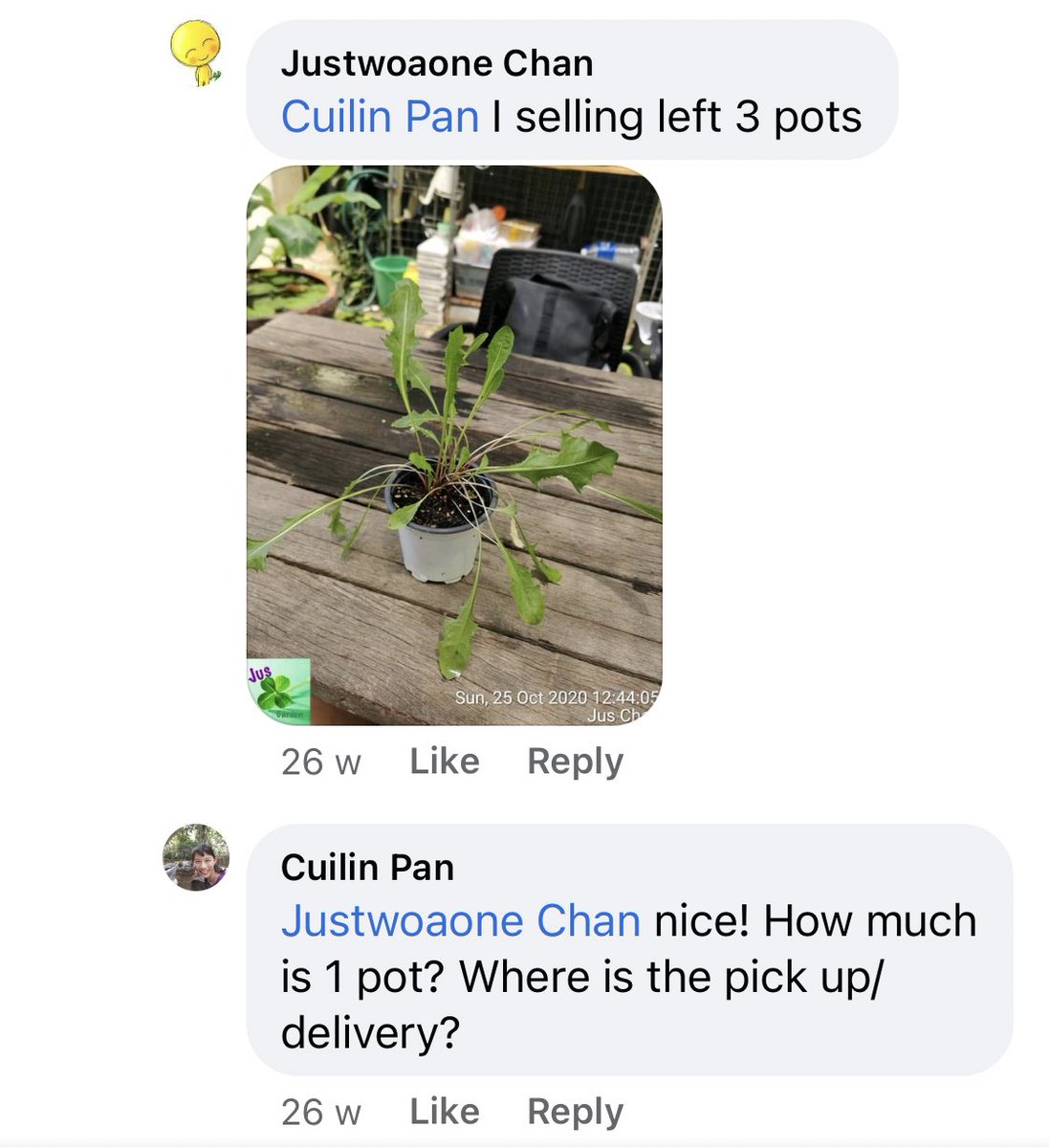
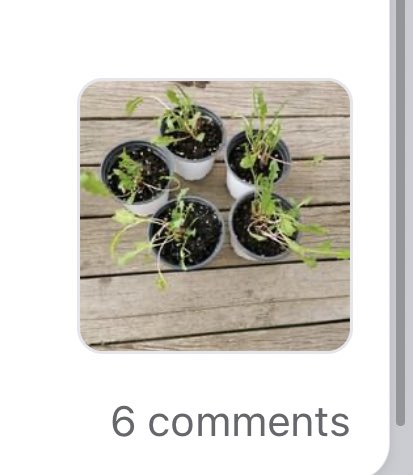
https://twitter.com/Luiseach/status/1383540286870102025Am sure my grandparents would have said and did things, on occasion, that probably weren’t that kind.
https://twitter.com/eddwall/status/1337690633365037057I was once asked to present a planting concept for E London to a room of (100% white) critics.
https://twitter.com/guardian/status/1306463302978019328Diversity is all about ensuring the makeup of your organisation reflects the demographics of society.
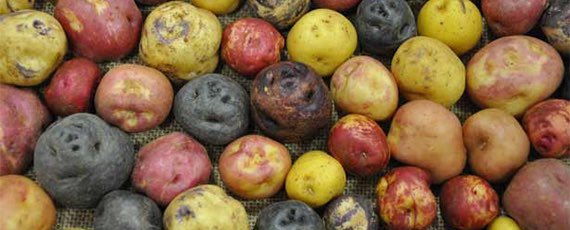
 I went to a local market in Las Palmas and a really generous señora spent ages telling me in Spanish about all the different varieties & their colourful names.
I went to a local market in Las Palmas and a really generous señora spent ages telling me in Spanish about all the different varieties & their colourful names.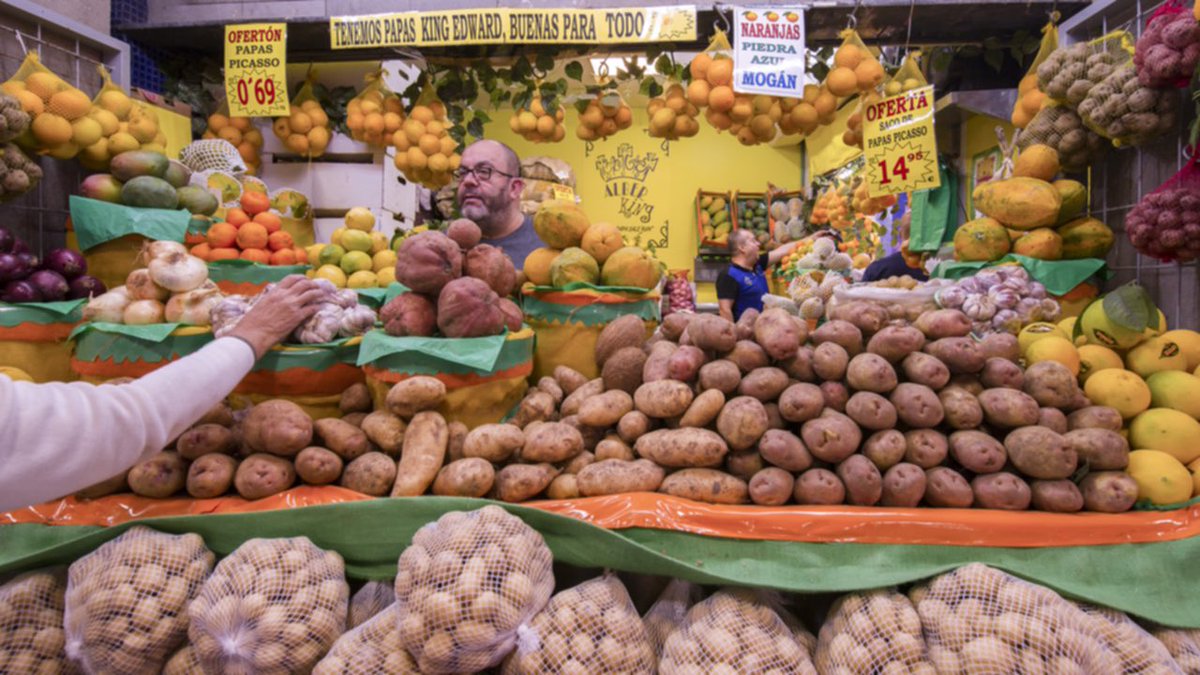

 While packaging is undoubtedly overused, plastic often serves a vital role in extending shelf life, by slashing food waste.
While packaging is undoubtedly overused, plastic often serves a vital role in extending shelf life, by slashing food waste.https://twitter.com/paulbranditv/status/1138878344496369664?s=21For the 1st 17 years I lived here (from 1999-2016) I experienced probably one or two racist comments.


 The main diff between the 2 watermelons in these pics is the modern one on the right is redder.
The main diff between the 2 watermelons in these pics is the modern one on the right is redder.
 Let’s start with the ‘modern’ claim.
Let’s start with the ‘modern’ claim.https://twitter.com/kendberrymd/status/1149769352960532480?s=21You see, plant leaves are basically living solar panels.

 Norman Borlaug was an American plant scientist.
Norman Borlaug was an American plant scientist. 
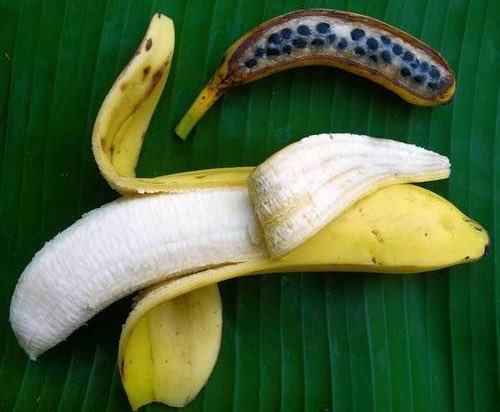
https://twitter.com/littlegwhizz/status/1097188363642306560?s=21Modern 🍌 are the result of a chance hybrid of two wild species from totally different parts of SE Asia.
